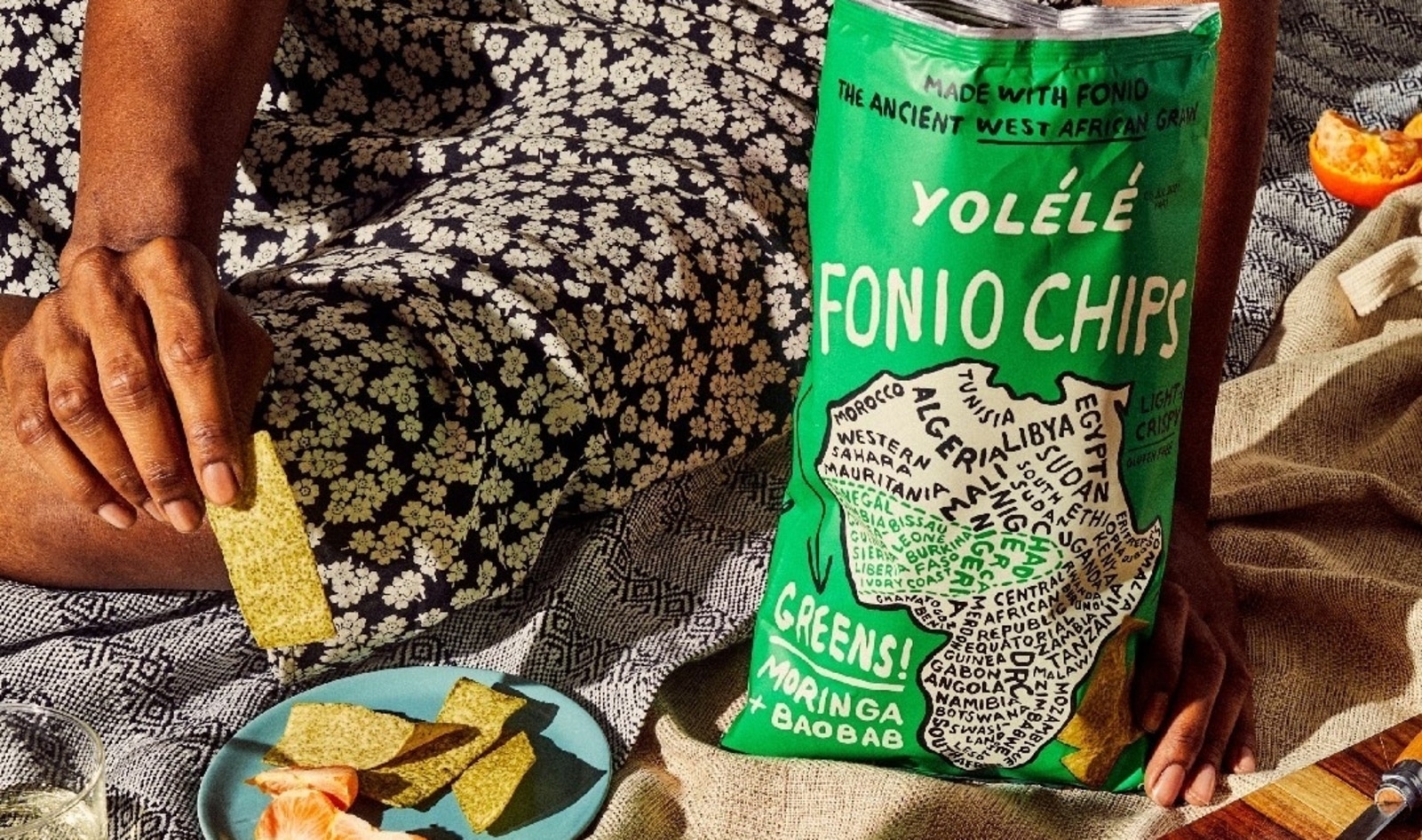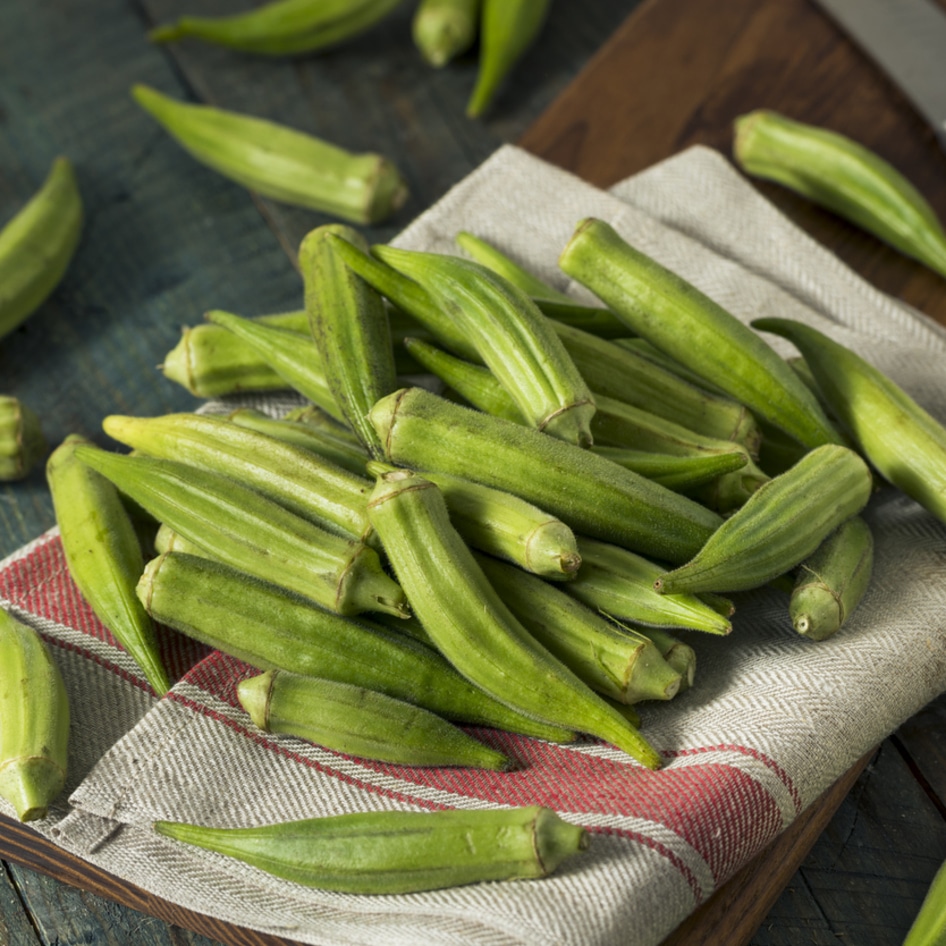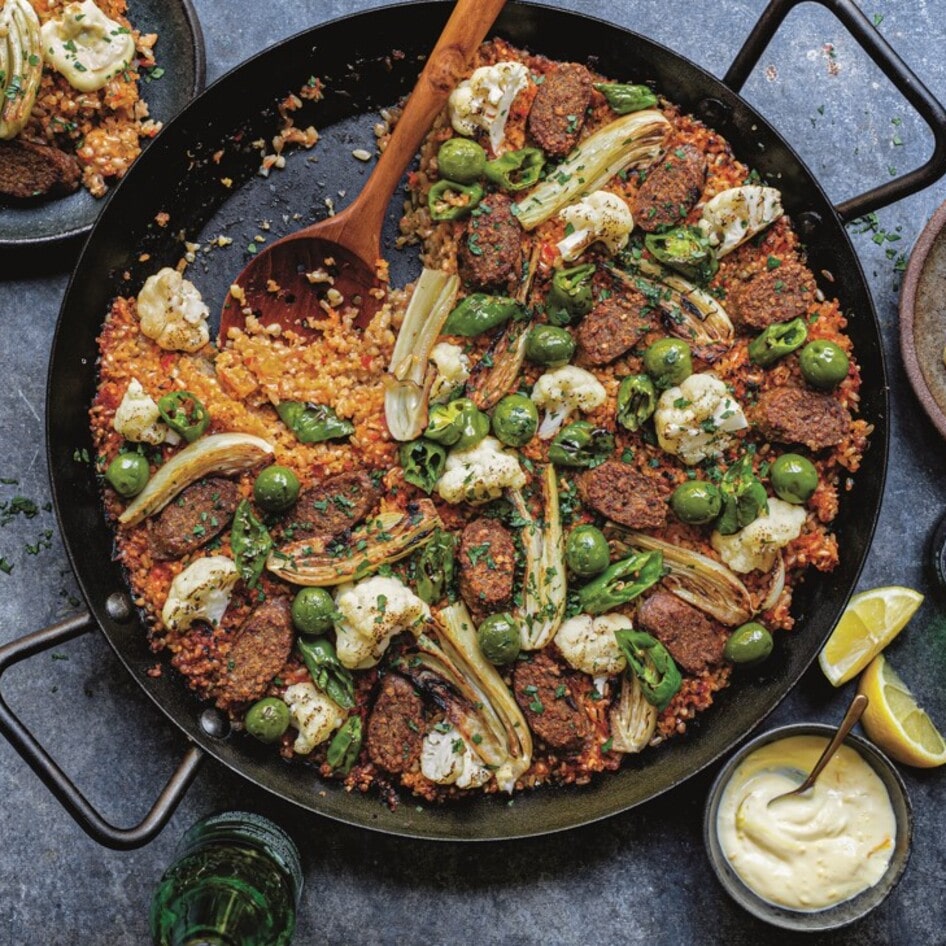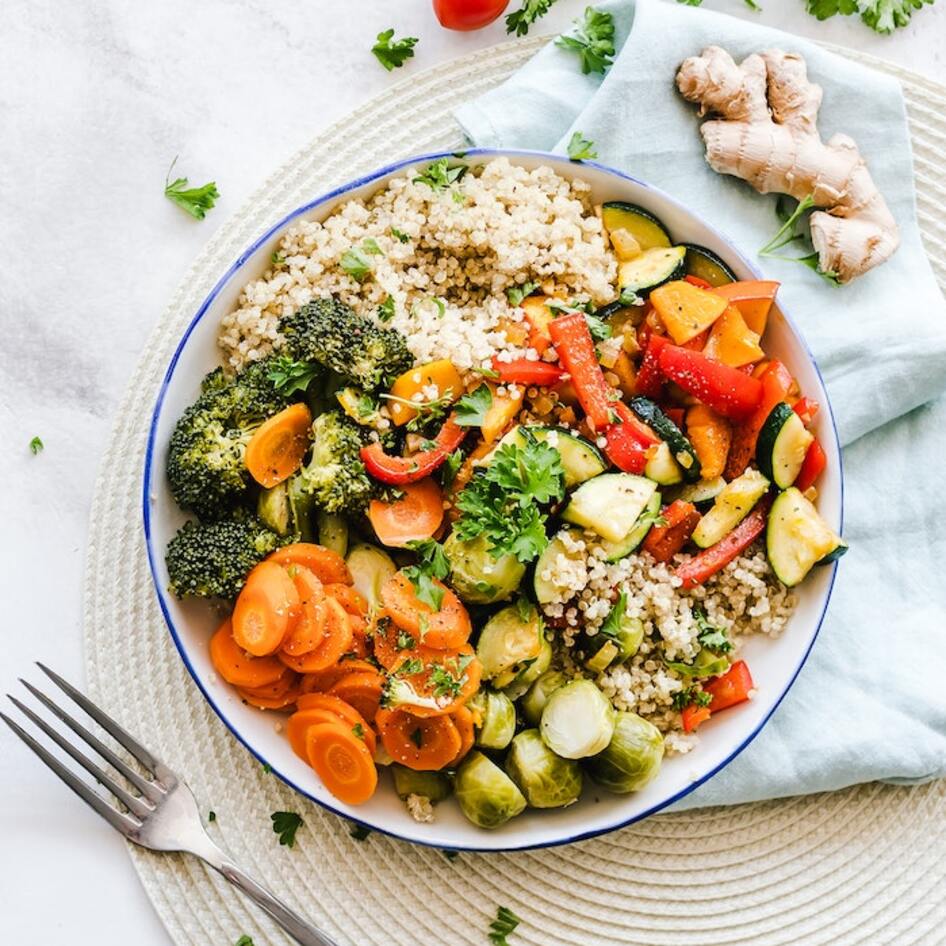It’s no secret that the Western way of eating is destroying the planet and our health. The Standard American Diet, for example, is high in processed meats, fried foods, and sugar and low in fruits, vegetables, and other healthy whole foods. This is contributing not only to higher rates of chronic disease, but also to the climate crisis. Right now, the livestock industry that produces the world’s sausages, bacon, cheese, and more is responsible for around 14.5 percent of global greenhouse gas emissions.
But while they are the “standard” now, these dietary habits don’t have to be around forever. Many chefs, nutritionists, and sustainability experts are hoping that the way most of us eat in the future will be different. Take Pierre Thiam, for example. The Senegal-raised, New York City-based chef, who is also an author, restaurateur, and social entrepreneur, is a proponent of introducing traditional African ingredients into Western culture, because they are healthy, sustainable, and easy to cook.
In particular, Thiam is a big fan of fonio—a type of ancient grain that has been cultivated for thousands of years in West Africa, particularly in countries like Senegal, Mali, Guinea, and Nigeria.
And he’s not alone. Sierra Leone-born private chef Maria Bradford, who now lives in Kent, UK, has developed a recipe for Fonio with Spiced Roast Pumpkin and Pine Nuts, which British chef and food writer Nigella Lawson claims she returns to “again and again.” Vegan recipe developer Afia Amoako showcases many different ways of cooking fonio on her popular vegan blog The Canadian African.
Here’s more about fonio—including its nutritional benefits and sustainability credentials. After you’ve read it, you’ll be eager to stock up on this chef-approved ancient grain, we have no doubt.
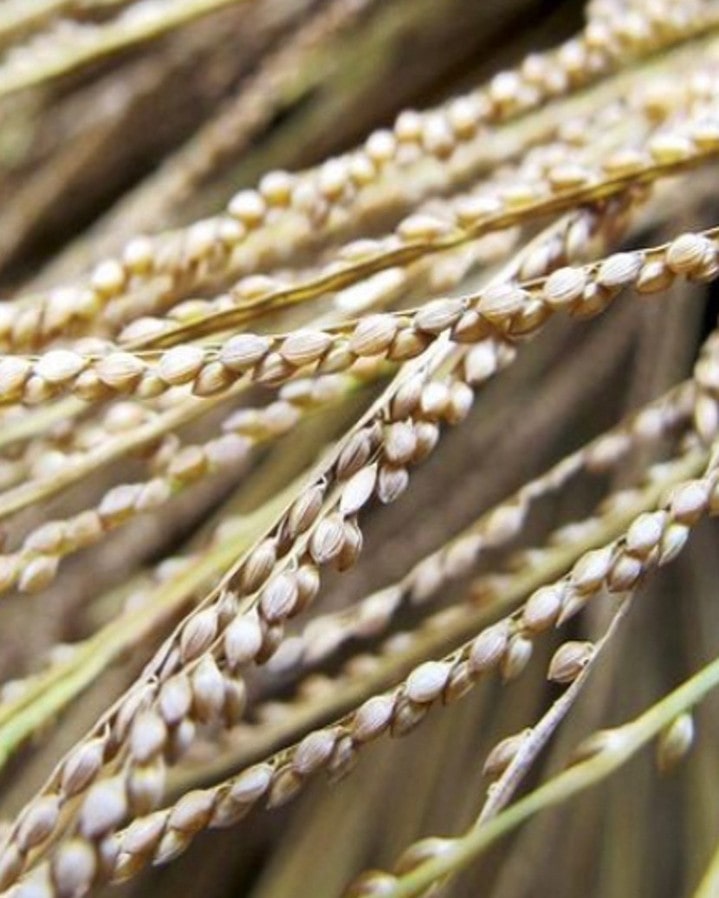 Yolélé
Yolélé
What is fonio?
Fonio is a species of millet. It’s very similar in size to ingredients like couscous and quinoa, and has a pleasant slightly nutty flavor. In West African cuisines, fonio is commonly used to make porridge, couscous-like side dishes, and fermented beverages. It can also be ground into flour and used to make baked goods like bread and pancakes.
But fonio can be used in many, many different ways. On The Canadian African, for example, Amoako uses it to make jollof and pilaf, both of which are usually made with rice.
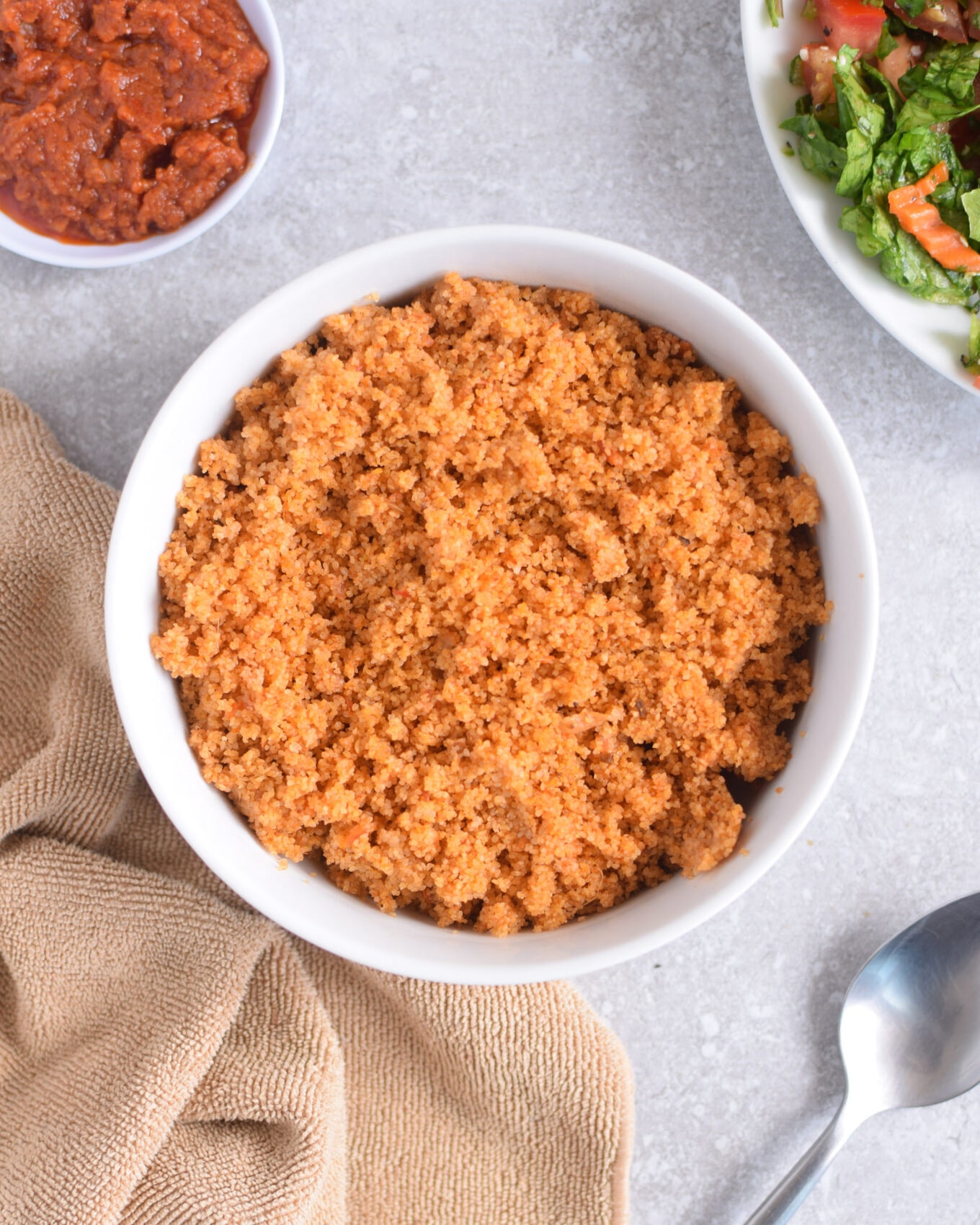 The Canadian African
The Canadian African
The benefits of fonio for our health and the planet
Not only is fonio versatile, but it’s also good for us, too. Naturally gluten-free, fonio is rich in essential nutrients such as amino acids, particularly methionine and cysteine, which are often deficient in other grains. Fonio is also a good source of vitamins B and E, as well as minerals like iron, magnesium, zinc, and calcium. In fact, according to the United Nations, fonio is the grain with the highest calcium content.
Fonio is also a whole grain, which, research suggests, means it may help to reduce the risk of type 2 diabetes, heart disease, and even certain types of cancer. Other examples of whole grains include brown rice, quinoa, oats, bulgur, spelt, and buckwheat.
But fonio’s benefits don’t stop at health. It is also somewhat of a sustainability hero. It is well-adapted to arid and semi-arid environments, for example, which makes it a resilient crop in regions prone to drought. It also requires very minimal use of fertilizer and pesticides, and it’s beneficial to soil health. In fact, fonio residues left after harvest can contribute organic matter to the soil, which may enhance its fertility and structure.
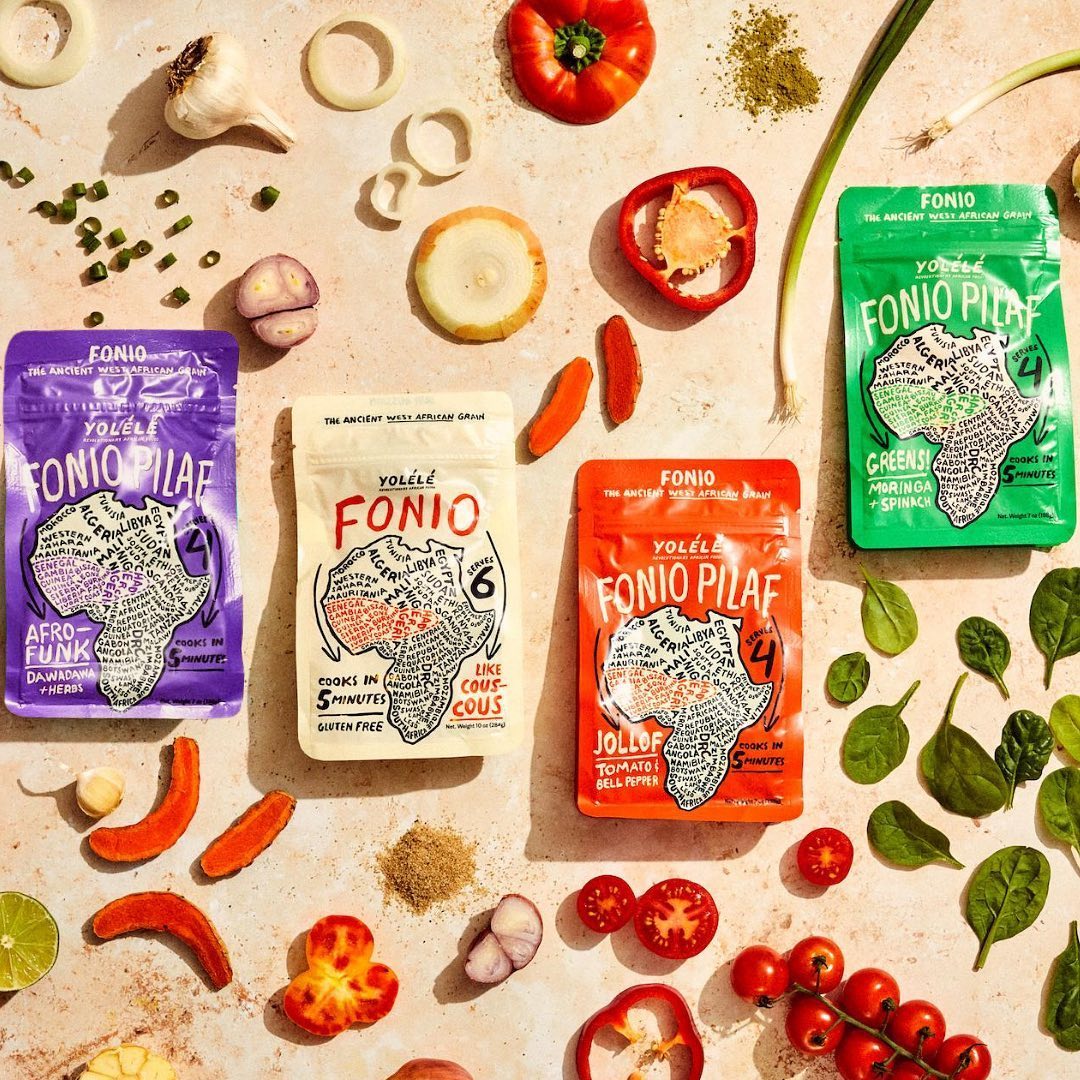 Yolélé
Yolélé
Where can you buy fonio?
Fonio is yet to go totally mainstream, but on Amazon, you can find brands like Aduna, Imphex, and Mamela selling the sustainable ingredient. You can also check out Thiam’s own brand Yolélé (which is also available on Amazon) to find a whole range of fonio products.
Yolélé is helping to connect more consumers with African ingredients by setting up processing facilities in West Africa for local and international production. By doing so, it also hopes to support rural smallholder farmers across the region. “Simply buying more of West Africa’s oldest cereal grain helps to alleviate extreme poverty, but we’re going a step further to truly unlock opportunity and transform communities in the West African Sahel,” the brand notes.
Right now, Yolélé’s unique range of fonio products includes pre-packaged Fonio Pilaf, Fonio Chips (in flavors like Yassa, Tangy Baobab, Sea Salt, and Light and Crispy), and Thiam’s cookbooks, including The Fonio Cookbook. Find it all here.
For more on vegan ingredients, read:
JUMP TO ... Latest News | Recipes | Guides | Health | Subscribe
Here at VegNews, we live and breathe the plant-based lifestyle, and only recommend products we feel make our lives amazing. Occasionally, articles may include shopping links where we might earn a small commission, but in no way does this effect the editorial integrity of VegNews.

